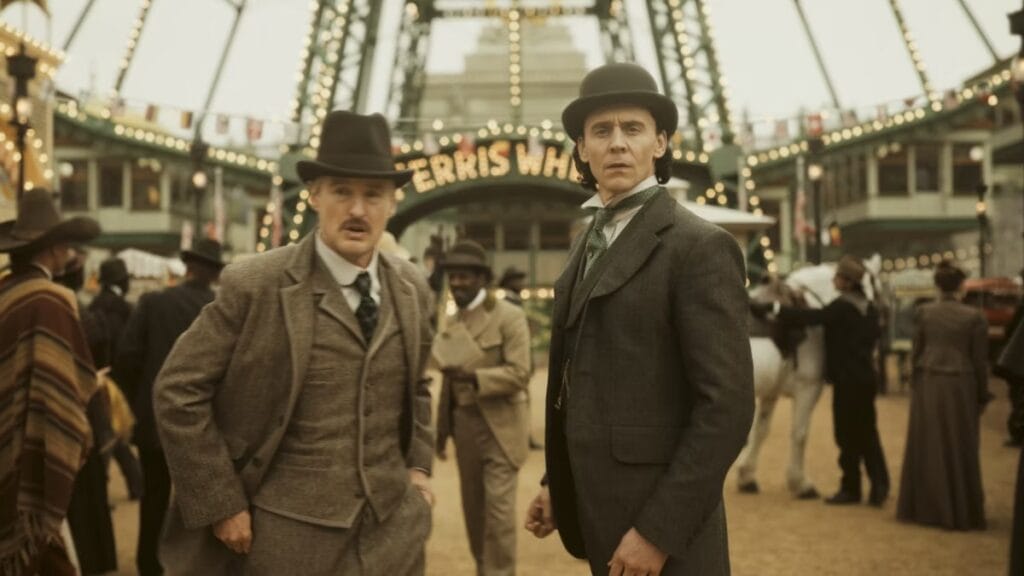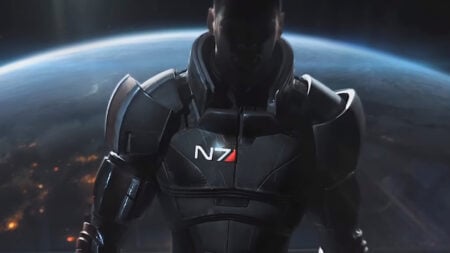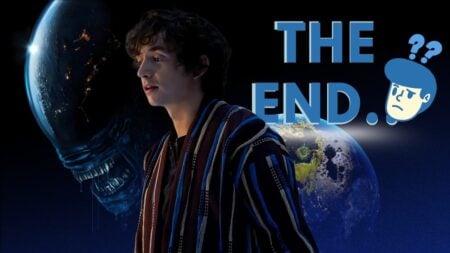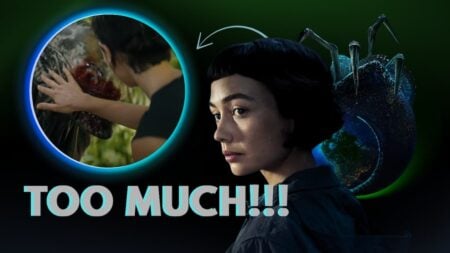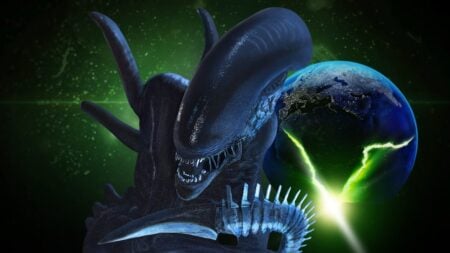Skip To...
I find Loki Season 2’s approach to villains fascinating. The first season brought Loki to his alternate self and matched them against the new Marvel heavy-hitter. He Who Remains felt like a mythic figure, and the Wizard of Oz reveal, followed by his fated conclusion, was excellent. However, Kang the Conquerer is more than a man behind the curtain. Moreover, he is more than a villain in many ways. Loki has found the complexity behind Kang and his variants that will make him a more compelling villain in later entries.
Loki’s Villain Is Like a Different Man

The gimmick behind He Who Remains was that he held back the multiverse. Killing him split the sacred timeline, freeing Marvel to introduce infinite iterations of the same characters into the next thousand years. He explains that his variants will be particularly troublesome. He remains no longer, instead leaving the Council of Kangs to terrorize the MCU. Kang the Conquerer was an awkward introduction to the “evil” Kang. Many people complain that Kang, the supposed final boss of the upcoming fifty films, lost to Ant-Man. It’s a power scaling issue. They ask how we’re supposed to fear him after we’ve seen Scott Lang punch him. I’m here to argue that the problem was more significant than who can beat who in a fight.
Kang was a moderately compelling foe in Ant-Man and the Wasp: Quantumania. We got to see him be a decent person before emerging as a villain. Unfortunately, he isn’t particularly unique. Fifteen years into the MCU experiment, variety comes at a premium. Loki provides the fresh, distinctive presentation Marvel needs. Kang isn’t just a swaggering supervillain anymore. Ant-Man killed the version of him that would have been boring to keep around. Loki introduces an extraordinarily compelling variant in He Who Remains, kills him, and then sets up the following arcs as his legacy.
The Obligatory Comparison between Kang and Thanos

We all understand that Kang will take on Thanos’s role in Marvel’s upcoming phases. That doesn’t mean he needs to be anything like Thanos. Thanos earned every ounce of celebration he received. He’s all things to all people. The slow rollout across a dozen films perfectly escalated, comparable to the escalation of action across the MCU. Infinity War is his film, and it’s one of the standout moments of the franchise. Thanos snapped his fingers and killed the go-to argument against Marvel villains. So many antagonists were boring and pointless. The only celebrated standouts were Thanos and Loki. Thanos is a pure, uncomplicated nemesis, while the God of Mischief remains fascinatingly unpredictable. It seems fitting, then, that Loki would deliver the next generation in a way that would change the game.
They need to put distance between Kang and Thanos. That’s why Kang the Conquerer is dead. The door is open for countless new versions of the character. Victor Timely and He Who Remains are engaging, unique iterations of villainy that will gradually build toward the Council. The early episodes of the series hold Sylvie as the immediate threat, but every step into the plot establishes He Who Remain’s legacy. The fear Loki conveys in the first episodes has been celebrated. Many compare it to the terror Thanos once commanded. Loki isn’t just afraid of He Who Remains. He’s terrified of the state of reality without him. The Council of Kang isn’t a group of hired goons for the Avengers to punch. Instead, he’s a million potential enemies working together. There are endless new dimensions to this being, and Loki has started to explore the depths of Kang’s newfound complexity.
Like it or not, Kang will be around for a while. Loki is a clear standout among Marvel’s recent offerings for so many reasons, but its take on the villain is one of them. I’m past the idea of celebrating a piece of a franchise for setting up future events. We’re all sick of the cinematic universe format. However, Loki builds its self-contained world into something more fascinating with every episode. It’s a new chapter in the franchise. The TVA and its surrounding fractured timelines serve as a magical corner of the MCU, which will eventually become the standard for Marvel villains.

